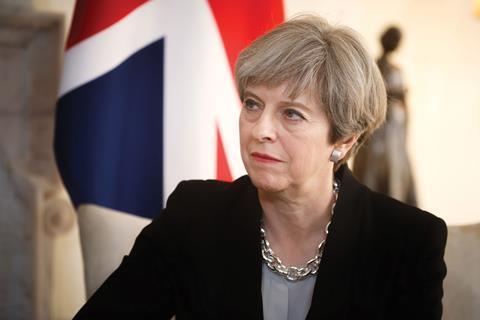Editor: While Theresa May’s resignation was not much of a shock, it raises the question of whether the property industry should take stock of new threats a change of leadership might bring.

Sterling strengthened marginally on the announcement, suggesting markets anticipated little change in political direction. This perhaps supports the temptation to dismiss as improbable any big changes to the tax, regulatory and financial environment.
The ensuing political chaos and European elections led to a slight decline in sterling, but opportunistic cross-border investors awaiting sterling’s collapse will have been disappointed. No doubt they hope a no-deal Brexit may bring them good fortune in the ‘fall’, but Brexit impacts are looking increasingly priced in. However, sterling’s value, UK interest rates and regulatory stability remain key to UK property performance. Continuity is the key.
Despite an imminent change of leadership, the government shows few signs of relinquishing power until the next general election in 2022. Also, one might expect the government to be too busy with Brexit to tinker with tax and regulation. Does this mean stability?
There may be some false comfort in knowing that commercial real estate is not usually a direct policy target, but more often feels the indirect impact of policies aimed at other targets, such as housing.
As I write, a Brexiteer with legal problems is the odds-on favourite to win the leadership race. It is hard to imagine him aligning with chancellor Philip Hammond, who rejects any ‘no deal’ EU exit. Hammond’s tenure is at risk at a time when continuity and fiscal stimulus will be key for post-Brexit stability. The Bank of England has little appetite, or dry powder, for another round of stimulus, so stability will be linked more to fiscal policy than monetary policy.
Continuity looks increasingly at risk, although there is little evidence so far that potential leaders have given this much thought. And does anyone other than Hammond understand ‘forgotten issues’ such as regional economic rebalancing and the infrastructure investment agenda?
The spectre of a Sino-US frost settling on the UK’s ‘golden decade’ of Chinese investment is already evident. Does the government have the statecraft to manage this effectively? This could have a greater direct and immediate impact on UK property. This risk may not yet be priced in.
Walter Boettcher, director, research and forecasting, Colliers International





























No comments yet